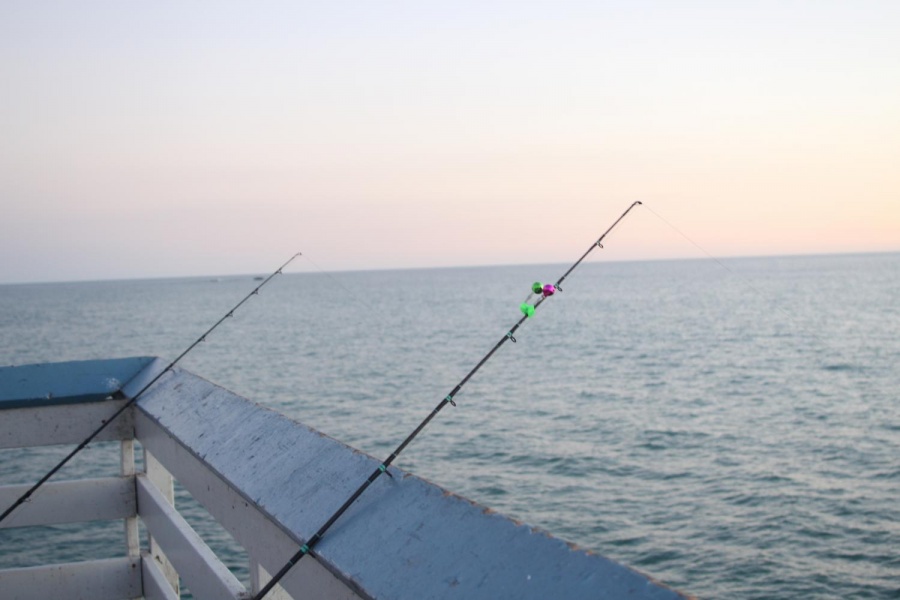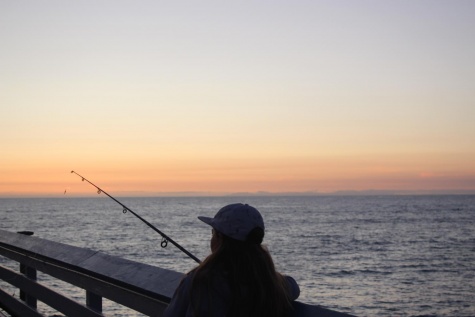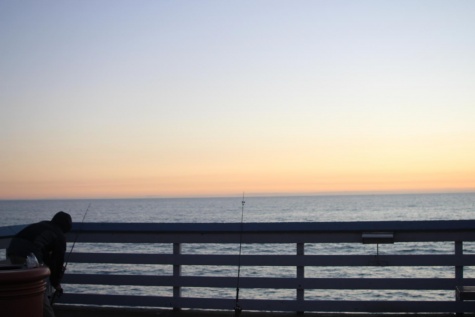
By: Lang Csira | General Editor
January 23, 2020
Oceans are destabilizing, fish are dying, people are starving.
Fish are one of the only sources of protein for lesser developed countries (LDCs) and are known to be the only sustenance available to many of the people there, especially in Asia. That’s all fine and dandy, except that The Telegraph says “All seafood will run out before 2050” (The Telegraph). This may be an issue for the three billion people who would die without fish protein.
Not to mention, Greentumble says “fish is the most traded commodity in the world” (Greentumble). God forbid America loses a trade item so valuable due to something so silly as climate destabilization. We could never jeopardize our free trade because this is America and business trumps all.
In order to preserve our oceans as we know them, as well as billions of people and our economy, there are many difficult and broad ways to prevent or at least prolong these unacceptable downfalls.

Overfishing underpopulated fish contributes more to killing fish than just taking a fish out. Especially in places where fish is necessary, people remove more fish from the ocean than fish can repopulate. We are depleting this valuable food source. We do this by fishing for underaged or undersized fish because those fish are peaking in ability to reproduce and are much more valuable to the ecosystem, as they reproduce quickest at this point in their lives. With fishing regulations on the size or weight of fish, we can ensure that fish are reproducing as effectively as possible.
Secondly, we are fishing too much in the same areas all year round. Have you even walked to the end of our pier and not seen someone fishing? Fishing in the same spots for the same fish year round decreases the number of that species colossally. This can simply be fixed by banning fishing in certain places at certain times of the year, and offer alternative fishing locations.
“Overfishing ruins entire ecosystems from the bottom up,” AP Environmental student and San Clemente High School junior Gavin McAlpin said. “Overfishing could be the downfall of all fish and ruin communities.”
The other issue is much more difficult to address and fix. It is global destabilization and ocean acidification. Ocean acidification does not cook the fish raw in some radioactive patch in the middle of the ocean water, but it does kill their their food in a much more complex way. Marine macroorganisms (living things easy to see with a weak magnification) are being boiled to death by rising water temperatures as well as struggling to breath in water with decreasing amounts of oxygen. Because there is so much carbon in the air, the ocean attempts to create a balance by absorbing the carbon. The issue is, when water bonds with carbon, it forms hydroxic acid. This acid makes the water too warm for the entire basis of the food chain, so the macroorganisms must adapt, migrate, or die which leaves no option for whatever else (everything) eats them. Without a basis for the food chain, entire marine ecosystems collapse, and with them, billions of people.

There are many ways to decrease ocean acidification including not washing your car in your driveway, natural fertilizer, using electric or public transportation, solar panels, and many more. However, this must be a global political movement if we hope to make progress in the right direction.
“You need to vote on political issues,” President of San Clemente High School Democrats and junior Megan Moe said. “Whatever you think is right, you must make an effort to enforce it.”
Save the turtles. Save three billion people, trade, life of oceans, and most importantly, your economy.

I feel like when people think of the ocean, they think of an infinite amount of fish, when in reality due to over-fishing and ocean acidification, this resource is rapidly running out. You made it really clear that like most problems, this decline in fish is completely caused by humans and if we don’t act now we may face the consequences sooner than we’d like.